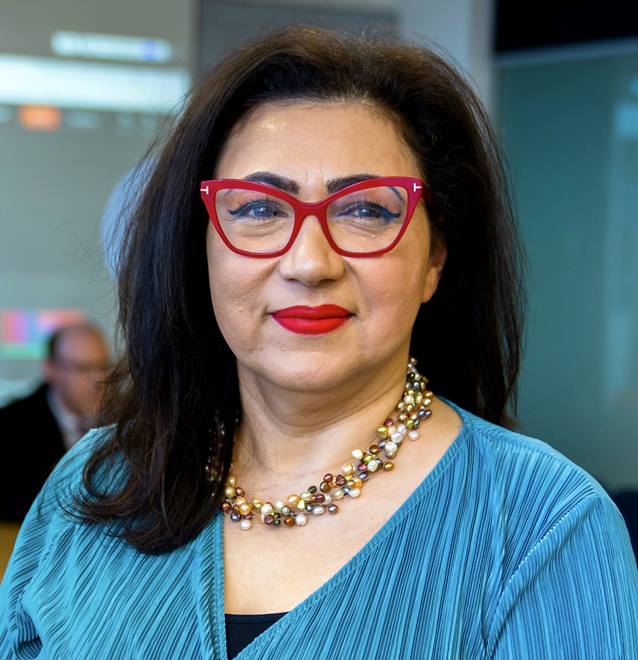What will universities look like in a post-pandemic world?
By Mike Lanzing, General Manager UniBank
There is little doubt that the COVID-19 pandemic has disrupted Australia’s university sector across many levels. The question posed by many now is ‘where to from here?’ for our educational institutions that have, until recently, relied on traditional ways of educating.
In this three-part series, UniBank General Manager, Mike Lanzing, speaks with leaders from universities across the country to understand the biggest impacts they have felt during the COVID-19 pandemic, asking them: will universities ever look the same?
Professor Maryam Omari, Executive Dean of the School of Business and Law, Edith Cowan University
While Western Australia has recorded fewer COVID-19 cases than other Australian States, the impact of the pandemic has still been felt at Edith Cowan University.
However, according to Professor Maryam Omari, Executive Dean of the university’s School of Business and Law, the institution has been buffered by a diversified income and an efficient shared services approach, as well as a buoyant Western Australian economy.
“The experience of Edith Cowan University is probably quite atypical. Western Australia has pursued an elimination strategy closing borders very early and for most of the pandemic we have lived relatively free from COVID-19.
“However, 70 per cent of staff in my school were born overseas and some have lost family members in their home country to COVID-19 and were unable to return home. One of the first things I did was put in place a buddy system for people who don’t have a support structure in Australia, and it was extraordinary to watch staff take care of each other.
“Our international students also suffered, especially those who rely on casual work, so the executive team donated money to a student hardship fund, which our industry partners also supported. We didn’t want anyone sleeping in cars or going without meals, so our partner restaurants donated free meals to international students and hotels put together care packs.”
Maryam said organisational communication throughout the pandemic has also been critical.
“Our communication has risen to the next level because we need to keep people calm and informed, making sure that they know exactly what we know at the university executive level and that we are all in it together. There has been some amazing role modelling by the senior leadership at the university,” said Maryam.
Financially the university has suffered a drop in international student enrolments, but Maryam says this reduction would have been more significant if it wasn’t for the university’s approach to income diversification.
“All universities rely to some extent on international student income. However, those who rely more heavily on certain markets, such as China, have been particularly impacted. We were fortunate that at Edith Cowan University we have consciously diversified the markets from where we aim to attract students, so that provided us a buffer when the pandemic hit.
“Prior to the pandemic, we restructured the university’s faculties and schools in way that enables us to share services such as marketing and human resources, stripping out duplication. I think this has also helped us to weather the pandemic financially.
“In a post pandemic world I think this is what more universities will do – look to a broader range of international markets from which to diversify their income as well as centralising shared services in a bid to become more efficient,” said Maryam.
While restricted travel has made national and international partnerships more difficult to nurture, Maryam said companies moving quickly to remote and hybrid working has been a boon for the university’s research projects.
“One of our research strengths is wellbeing at work, and we have a research group that specialises in home-based work arrangements. Clearly this has suddenly became very topical and organisations are coming to us for research that will help them to best manage and handle the transition to remote and hybrid work, which is now the new normal.”
Looking ahead, Maryam says she is spending a great deal of time talking to colleagues in countries such as the United Kingdom and the United States who are now operating and learning to ‘live’ with COVID-19.
“I’ve been looking to what is happening in other parts of the world to see what we will need to contend with when borders reopen. What I’m hearing is that universities returning to face-to-face have become quite divided over issues such as masks and mandatory vaccination, so we must consider and prepare for these kinds of issues now.
“I also think another challenge for the sector with borders reopening is the need to scale up quickly to manage what will be quite a backlog of students. It will be another challenge to ensure they have a good student experience,” Maryam said.

